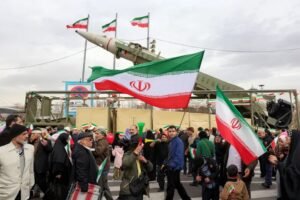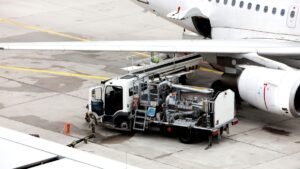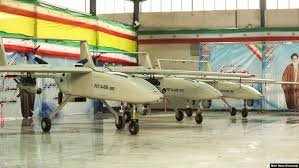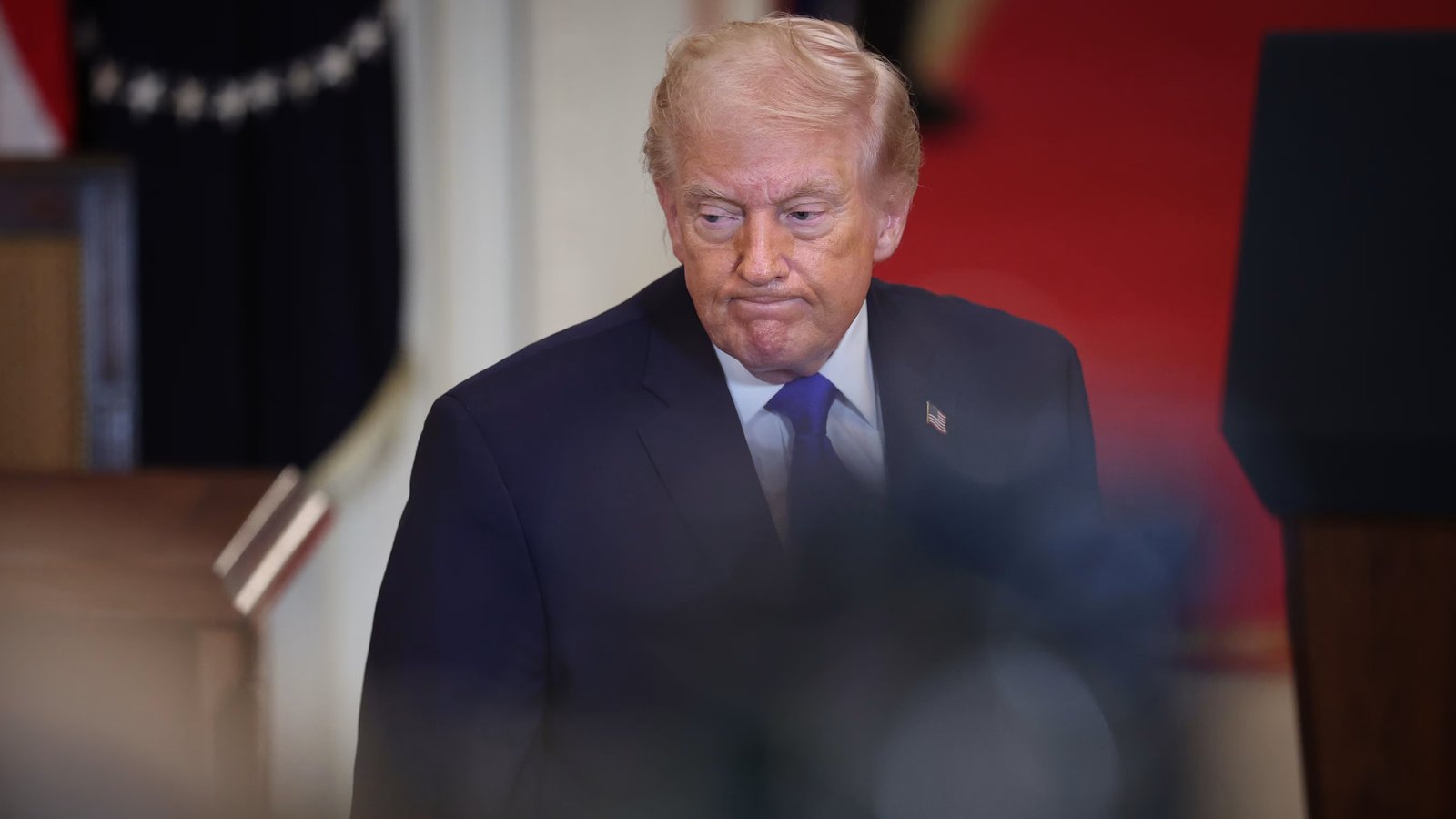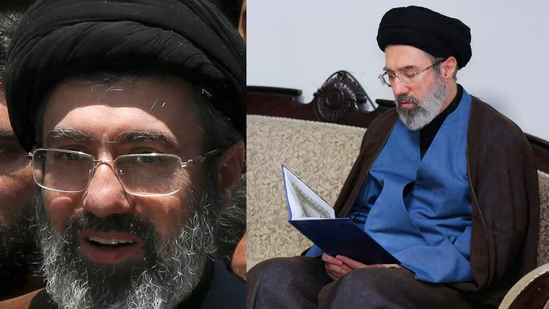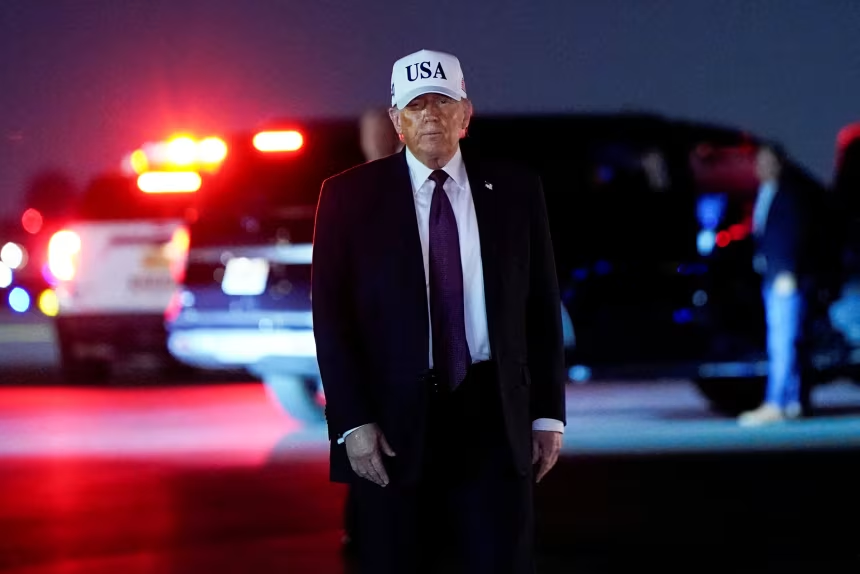Venezuela is strengthening its military partnership with Iran by focusing on advanced drone production that could challenge the United States in the Caribbean. Recent reports confirm that Iranian experts are building drones at Venezuelan air bases and training local forces to use them. These drones include the Mohajer-6 and Shahed-131, models that have already proved effective in conflicts around the world. The project has turned Venezuela into a hub of drone technology in the region, supported by Tehran’s decades of expertise.
The center of this cooperation is the El Libertador Air Base in Maracay. There, Iranian specialists assemble drones while providing training for Venezuelan military personnel. Reports suggest that the facility is under strict Iranian supervision, with access tightly controlled. Even Venezuelan engineers require approval from Iranian supervisors before entering certain areas. This arrangement highlights the depth of Iran’s role in Venezuela’s defense sector.
The partnership between the two nations has been developing for many years. In 2006, Caracas signed a defense agreement with Tehran that opened the door for joint military projects. Soon after, Venezuela began establishing drone factories with help from Iran’s Quds Aviation Industries. Venezuelan engineers were sent to Iran for training and later returned to contribute to these programs. The progress became clear in 2012 when then-president Hugo Chávez announced on national television that Venezuela was producing drones, a statement that surprised many around the world. Since then, Venezuelan facilities with Iranian support have produced surveillance drones, armed models, and kamikaze drones.
Billions of dollars have been invested in these projects, often under the cover of civilian initiatives. Reports indicate that bicycle factories or tractor plants were presented as development projects, but in reality, they were fronts for drone manufacturing. This approach allowed Venezuela to expand its drone capabilities without attracting immediate international attention. The aim has been to build weapons that can challenge U.S. military strength in the Caribbean.
President Nicolás Maduro has intensified preparations as tensions with Washington rise. Venezuela currently has about 340,000 active military members and is building a strong militia force. Maduro has stated that if the country comes under attack, it will take up arms without delay. Drones are expected to play a key role in such a scenario, offering the ability to strike at U.S. forces with relatively low cost and high efficiency. For Venezuela, these weapons are seen as a way to balance the power gap with a much stronger opponent.
The support of global allies adds to Venezuela’s confidence. Iran is already deeply involved, but Russia and China have also offered political and strategic backing. Maduro has highlighted his friendship with Chinese President Xi Jinping, even displaying gifts from him in public as a sign of close ties. Russia has also shown solidarity, and both countries could provide further assistance if tensions escalate. Together with Iran, they form a powerful alliance that supports Maduro’s government and strengthens Venezuela’s position against the United States.
For Washington, the rise of Venezuela Iran drone cooperation is a growing concern. American officials have long been wary of Iran’s influence in Latin America, and the establishment of drone production in Venezuela adds a new dimension to that worry. Iranian-made drones have already been used in Middle Eastern wars and in the conflict in Ukraine, proving their effectiveness in modern combat. Their presence in the Caribbean raises new security challenges for the region.
Venezuela shows no signs of slowing down its drone program. With Iranian expertise, significant investment, and strong backing from global allies, the country is building a powerful drone capability designed to deter U.S. pressure. This cooperation is not only reshaping Venezuela’s military but also shifting the balance of power in the Caribbean. As both Washington and Caracas prepare for the possibility of confrontation, the future of these drones may become a decisive factor in regional security.

